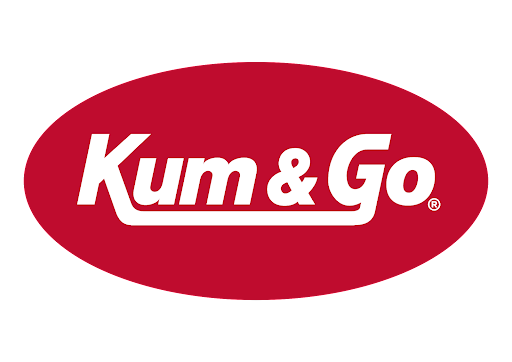Objections and motives

For some reason, during the past 60 days the word “objection” has been the prime topic of my email buzz and my customers’ requests.
Most objections are bogus, or they’re stalls or lies, or they carry with them a hidden meaning where the customer is crying out for help, but doesn’t really want to state it in those terms.
When customers object for whatever reason, they’re actually telling you that they want to buy (they may not want to buy from you, but they want to buy). And if they’re going to buy from you, additional answers need to be provided, answers that will provide reassurance and allow your prospects to give you some of their money.
I’ve always defined objections as barriers, because there is normally something hidden way beneath the surface. In order for the sale to take place, the barrier must be lowered. Sometimes even eliminated.
I’ve also defined the biggest objection besides price to be the unspoken risk that the customer perceives, but won’t talk about.
Let me give you a couple of examples. When customers say the price is too high, what they’re really saying is, “The perceived value of doing business with you is not high enough to meet your price.”
Salespeople and sales managers often try to address the price issue with a tactic or some kind of sales talk. It almost never works. Even if the salesperson is persuasive and manipulates his or her way to the sale, the buyer often will feel remorse and want to cancel the transaction.
HERE’S MY RECOMMENDATION: Rather than trying to give you some slick sales talk, I suggest you re-engage the customer with dialogue that uncovers real reasons and eventually gets down to buying motive. If I uncover the buyer’s motive, I will make a sale regardless of price. If I engage prospective customers in a value-based and value-driven discussion, I might be able to get them to see my perspective.
CAUTION: I’m not talking about added-value. I’m talking about value that will set you apart from your competition.
NOTE WELL: If the customer perceives no real value difference between you and your competition, than the only thing that’s left is price. When price is an objection, you merely have to look at your ability to differentiate and your ability to create value in the mind of the customer.
But let me return to the central issue. Objections occur in sales presentations. So if you want to eliminate all sales objections, eliminate the sales pitch. Concentrate on gaining and building rapport. Concentrate on meaningful dialogue where the customers feel they benefit. Concentrate on preventing common objections that occur by putting them into your conversation. And concentrate on your ability to engage and connect with the customers emotionally.
Sales are made emotionally and justified logically.
I’ve just given you a difficult sales lesson, because it flies in the face of everything you’ve been using for the past decade, maybe more. But I promise you it’s the best way of creating a relationship, not just gaining an order. Gaining an engaged customer who likes and respects you, a customer who will likely purchase again (and again).
HERE’S MY CHALLENGE TO YOU: Call your top 10 customers and invite them, either individually or as a group, to a breakfast or a lunch where you talk to them about building relationships. Ask them what they consider important and ask them how much of a role value plays in their decision-making versus price. Then ask them why they buy from you. Those 10 customers combined with the strategies that I’ve given you above will not alleviate all objections, but they will alleviate most of them.
Jeffrey Gitomer can be reached by phone at (704) 333-1112 or by email at salesman@gitomer.com. © 2011 Jeffrey H. Gitomer











